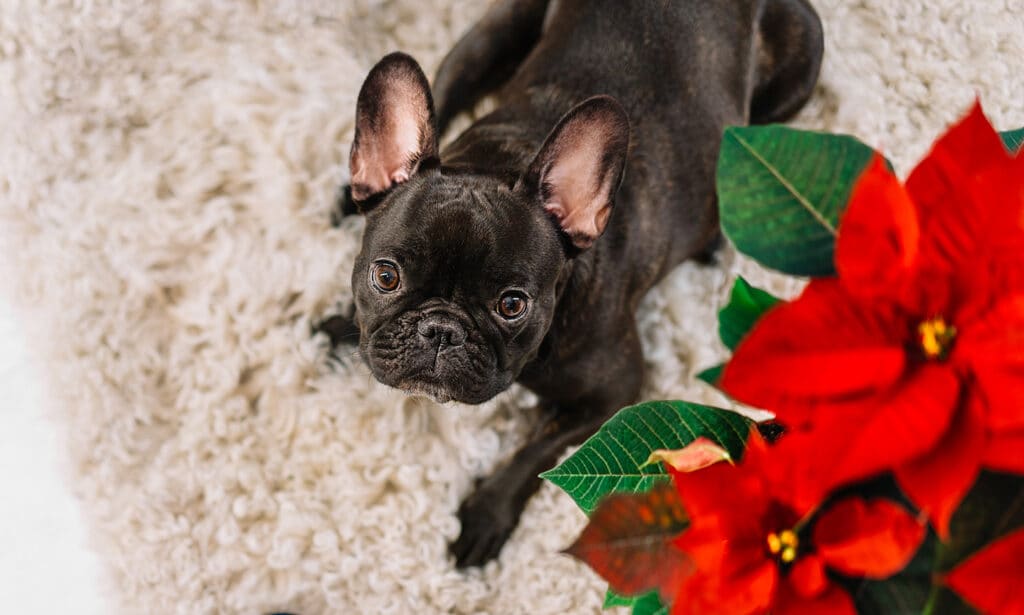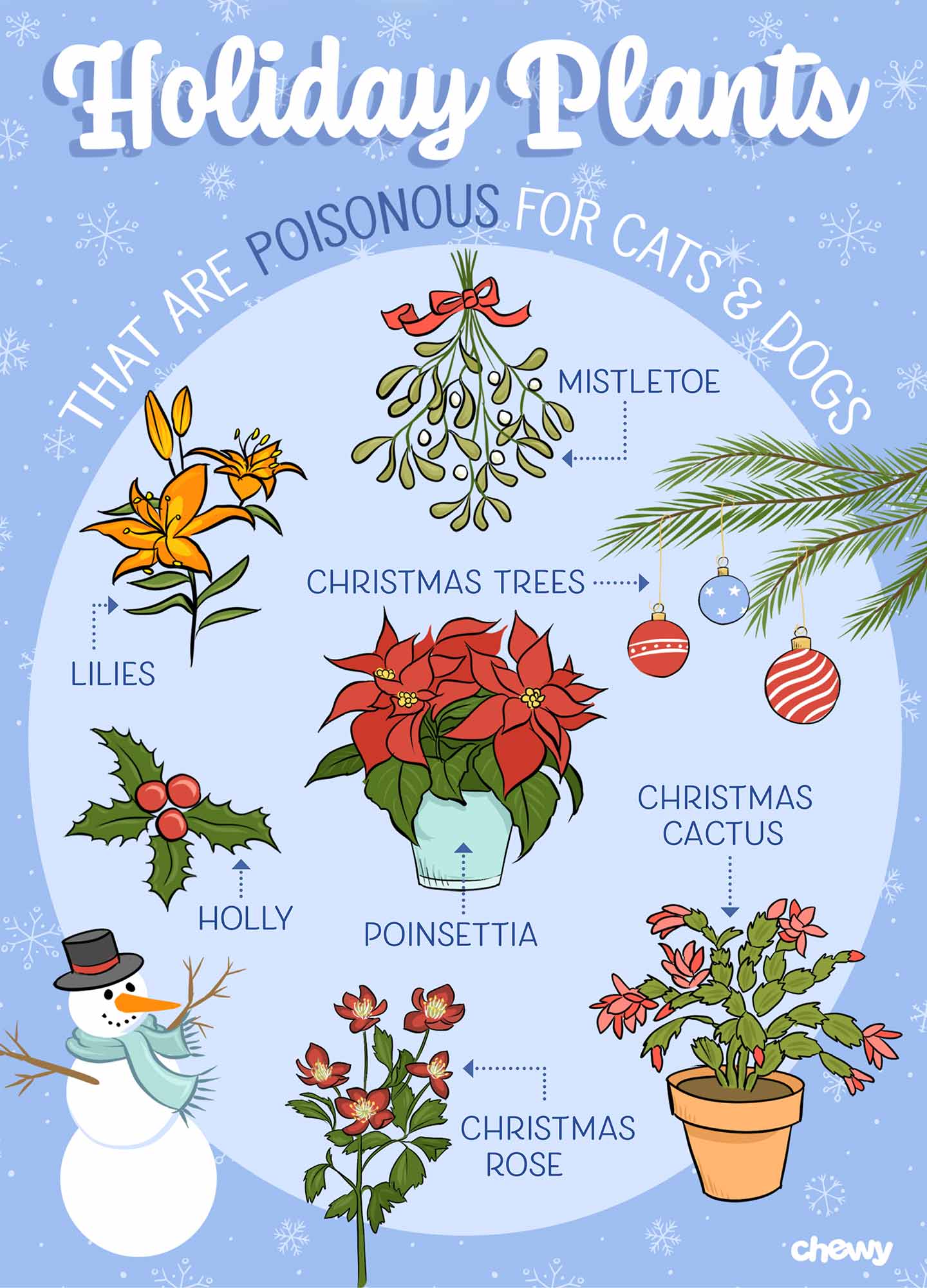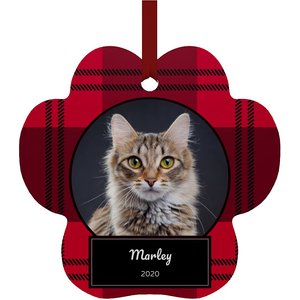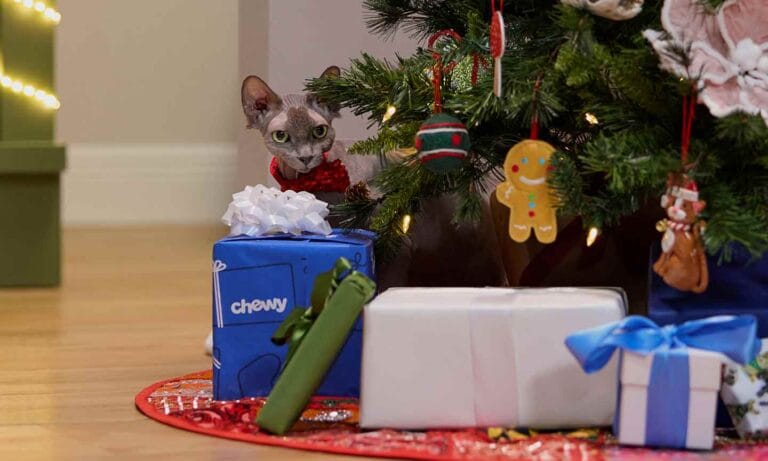When the holiday season rolls around, many people use festive plants as holiday decorations to amplify the festive spirit in their homes. Unfortunately, some popular holiday plants are not safe for our pets—and it’s not always easy to know which ones are dangerous. Are poinsettia plants poisonous to dogs? Are bromeliads poisonous to cats? What about Christmas cactus: Is it poisonous to cats or dogs? Before you bring new potted houseplants or wreaths into your home, it’s important to have all the information.
“The truth of the matter is, most plants might make the animal drool or get a tummy ache or get a little diarrhea, but most plants are not fatal,” says integrative veterinarian Dr. Carol Osborne, DVM, of the Chagrin Falls Pet Clinic in Chagrin Falls, Ohio.
But that’s no reason to be lax about safety.
“However, there are some plants that absolutely can be a matter of life and death,” Dr. Osborne says. “Mistletoe berries are super toxic—they can cause a heart attack and even death.”
Knowing which popular Christmas plants are toxic to dogs and cats is the key to keeping your pet safe.
Here are a few of the most common poisonous holiday plants, according to Dr. Osborne and Dr. Tina Wismer, DVM, DABVT, DABT, medical director at the ASPCA Animal Poison Control Center.
Poinsettia
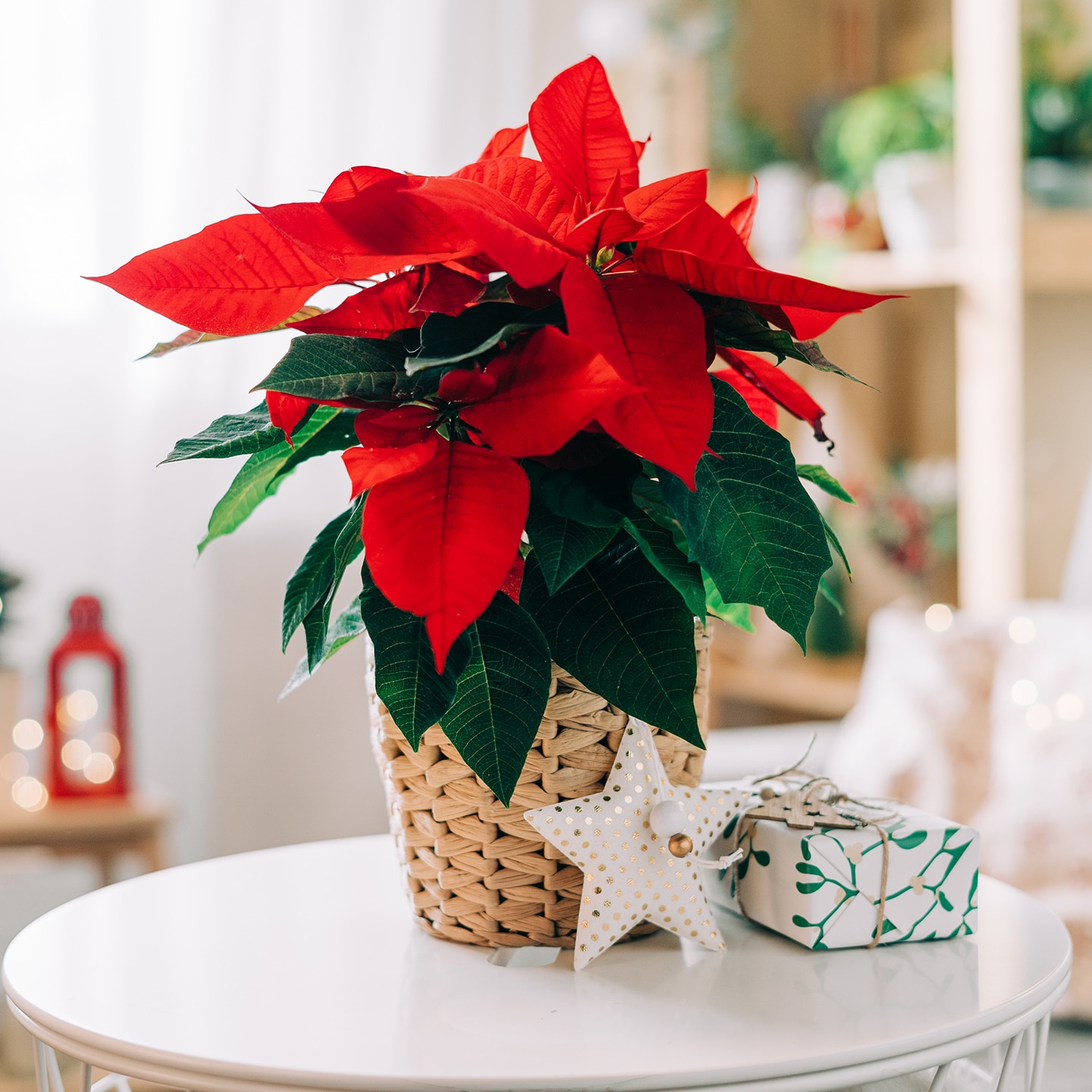
With its festive red or white flowers, poinsettia (Euphorbia pulcherrima) is one of the most common holiday winter plants. But are poinsettias toxic to pets?
You’re probably heard that poinsettias are poisonous to dogs and cats, but it’s far from the most dangerous.
“Around Christmas time, we see all these warnings on the internet about poinsettias,” says Dr. Osborne. “Well, poinsettias never killed anybody. They might make [a pet] drool and get a little belly ache, but that’s about it. [The danger] is very overrated.”
Still, exposure to poinsettia’s milky white sap can cause drooling or vomiting, and occasionally diarrhea. If a dog or cat gets the sap on their skin or fur, some localized skin irritation might occur. It’s not fatal, but also not fun for your cat or dog, so pet parents should exercise caution.
Christmas Cactus
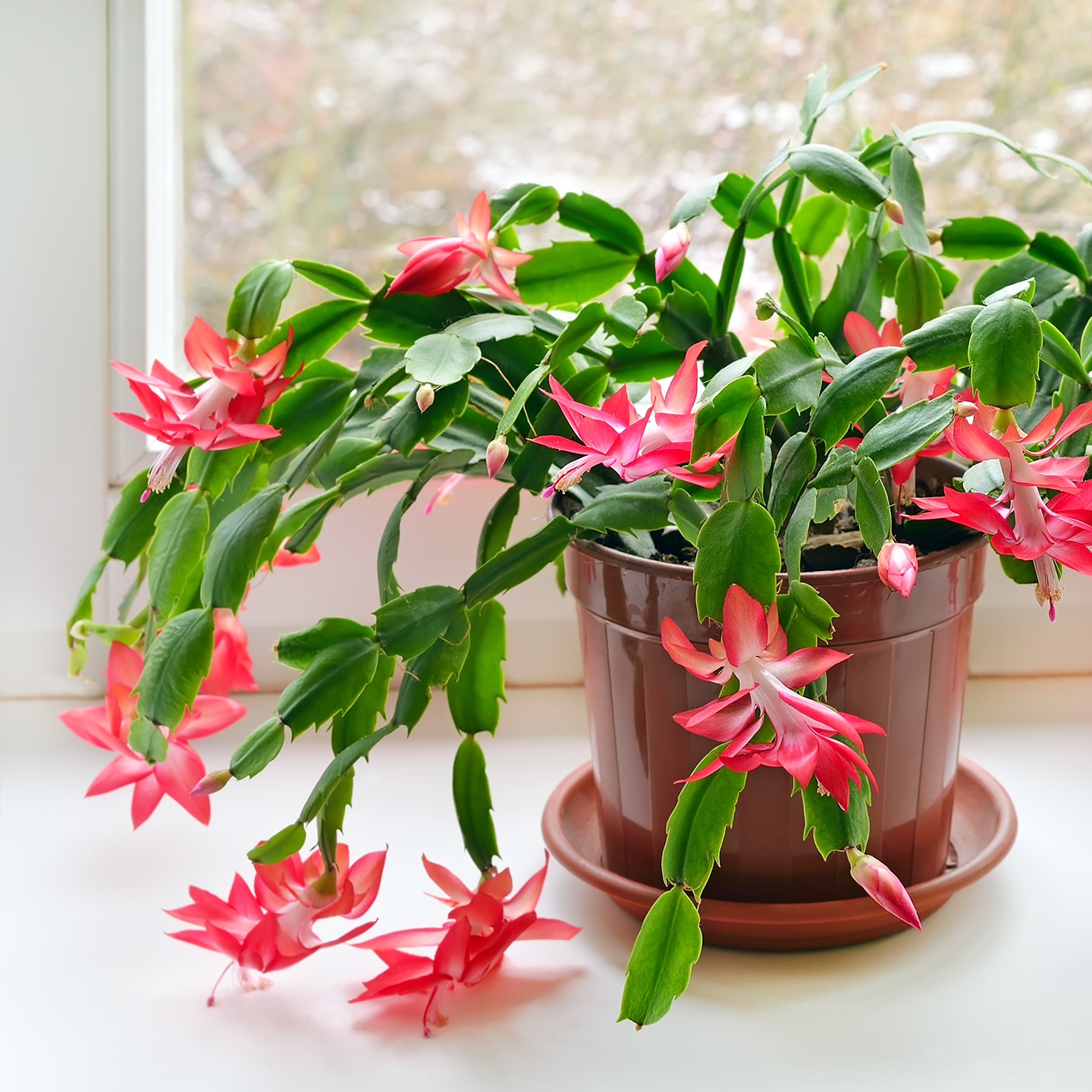
The indoor Christmas cactus (Schlumbergera bridgesii) blooms in the winter months, just in time for the holidays. The cascade of flowers adds a festive pop of color. But is Christmas cactus poisonous to cats or dogs?
The answer is complicated. Although the Christmas cactus is technically not toxic if ingested, it is not entirely risk-free.
“Hypersensitivity reactions have been reported in humans, as well as pets,” Dr. Wismer says. “Hypersensitivity is dermal (skin) allergy, a different mechanism than [pets’ reactions to] toxic [substances]. In cats, ataxia (abnormal, uncoordinated movements) has been reported. Christmas cactus can also cause mild stomach upset just like any plant material.”
If you choose to display this plant during the holidays, discourage pets from chewing on it.
Mistletoe

Hanging mistletoe (Phoradendron flavescens) around the holidays is fun, but it’s a tradition that pet-having households should skip.
Several species of mistletoe are toxic to dogs and cats.
Ingesting small amounts of mistletoe can cause gastrointestinal upset (drooling, vomiting, diarrhea and abdominal pain), Dr. Wismer says, adding that larger quantities of mistletoe are more dangerous, causing low blood pressure, difficulty breathing, seizures and even death.
Opt for plastic or silk mistletoe instead.
Christmas Trees

Live Christmas trees are not necessarily toxic to dogs and cats, but pets might experience gastrointestinal upset (nausea, vomiting and diarrhea) or skin irritation if they ingest or come into contact with tree sap or pine needles, says Dr. Osborne.
Another hazard comes when pets drink the tree water, which can be filled with bacteria or worse.
Cats are especially sensitive to pine oils. The needles are also extremely sharp and if ingested, can perforate the stomach or throat, according to Dr. Osborne.
Learn more about pet-proofing your Christmas tree for dogs and cats.
Holly
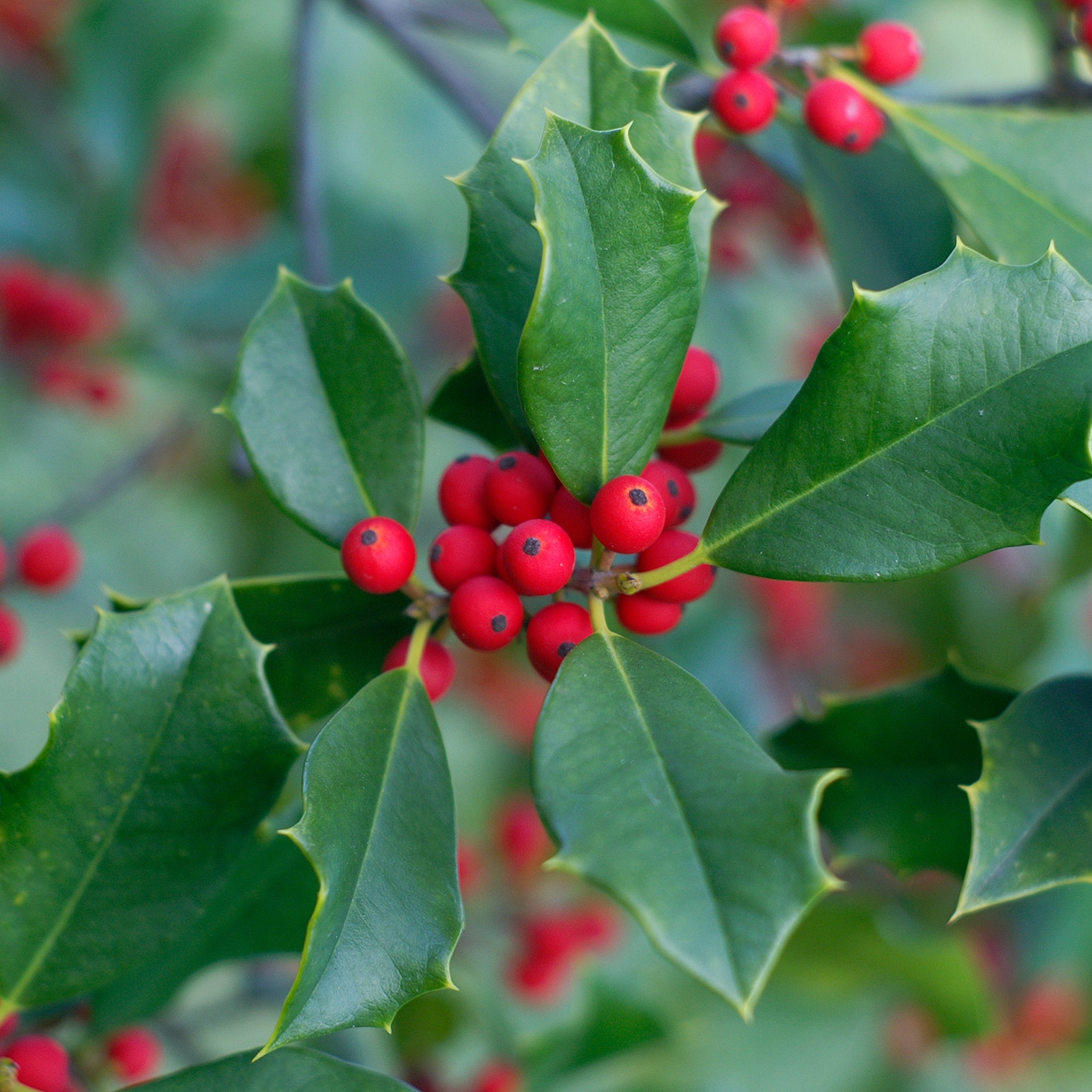
The quintessential Christmas decoration, holly (Ilex opaca)—also known as English Holly, European Holly, Winterberry or American Holly—is not a good mix for pets, says Dr. Wismer.
Certain types of holly contain toxic saponins, and the spikey leaves also wreak havoc on pets who decide to chomp down on them.
Signs of holly ingestion include lip smacking, drooling, head shaking, vomiting, diarrhea and lethargy.
Although ingesting holly is not generally fatal to dogs and cats, Dr. Wismer says, it causes extreme discomfort.
Christmas Rose

The Christmas rose (Helleborus niger), also known as Hellebore or Easter rose, is an unusual plant that blooms in the cold winter months.
Although the white flowers are beautiful, the Christmas rose is deadly, Dr. Wismer says. It contains toxic cardiac glycosides, saponins and protoanemonin, which cause drooling, vomiting, diarrhea, abdominal pain and lethargy in both cats and dogs.
Lilies

Lilies may be most popular around Easter, but they enjoy a resurgence of popularity around the holidays, too—and no matter what time of year it is, lilies are dangerous for pets.
Easter lilies are not the only toxic lilies. Many difference species of lily are toxic to pets, especially cats.
Some common poisonous lilies are:
- Asiatic lilies
- Easter lilies
- Japanese Show lilies
- Rubrum lilies
- Stargazer lilies
- Red lilies
- Tiger lilies
- Western lilies
- Wood lilies
- Daylilies
All parts of the plant are poisonous, so live or cut lilies should not be kept in homes with pets, Dr. Wismer says.
Signs of exposure to lilies include vomiting, diarrhea, lethargy, lack of appetite, and increased or decreased urination.
Seek urgent veterinary care if you think your pet ingested even a tiny bit of a lily.
What to Do If Your Pet Eats a Toxic Plant
If you believe that your pet may have nibbled on a poisonous holiday plant (or if your pet is acting sick and you don’t know why), seek immediate veterinarian attention. Take photos of the plant in question or bring a sample with you to the vet, Dr. Osborne says.
“If you think your pet ingested a toxic plant, don’t wait!” says Dr. Gary Weitzman, DVM, president and CEO of the San Diego Humane Society. “Plan on visiting your veterinarian or an emergency clinic right away. Call first because your vet might ask you to induce vomiting in your pet.”
Inducing vomiting should only be done for dogs and only under direction from your veterinarian or a veterinarian at an animal poison control center, Dr. Weitzman adds. Inducing vomiting is not a good idea in some instances, so always seek veterinary guidance before attempting to do this.
If your pet ingests a toxic plant after-hours when your veterinary clinic is closed or if you’re very far from an emergency veterinary hospital, you can call an animal poison control center.
Two animal poison hotlines are available 24 hours a day, seven days a week:
- ASPCA Animal Poison Control Center: 888-426-4435 (consultation fee applies)
- Pet Poison Helpline: 855-764-7661 ($75 consultation fee applies)
Safe Holiday Plants for Pets
Keeping your pets safe should be your No. 1 priority during the holidays, but that doesn’t mean you can’t also be festive.
Stick to the seasonal plants below, each verified as safe for pets by the ASPCA and Pet Poison Helpline, to keep both your home and your pets merry and bright.
Autumn Olive
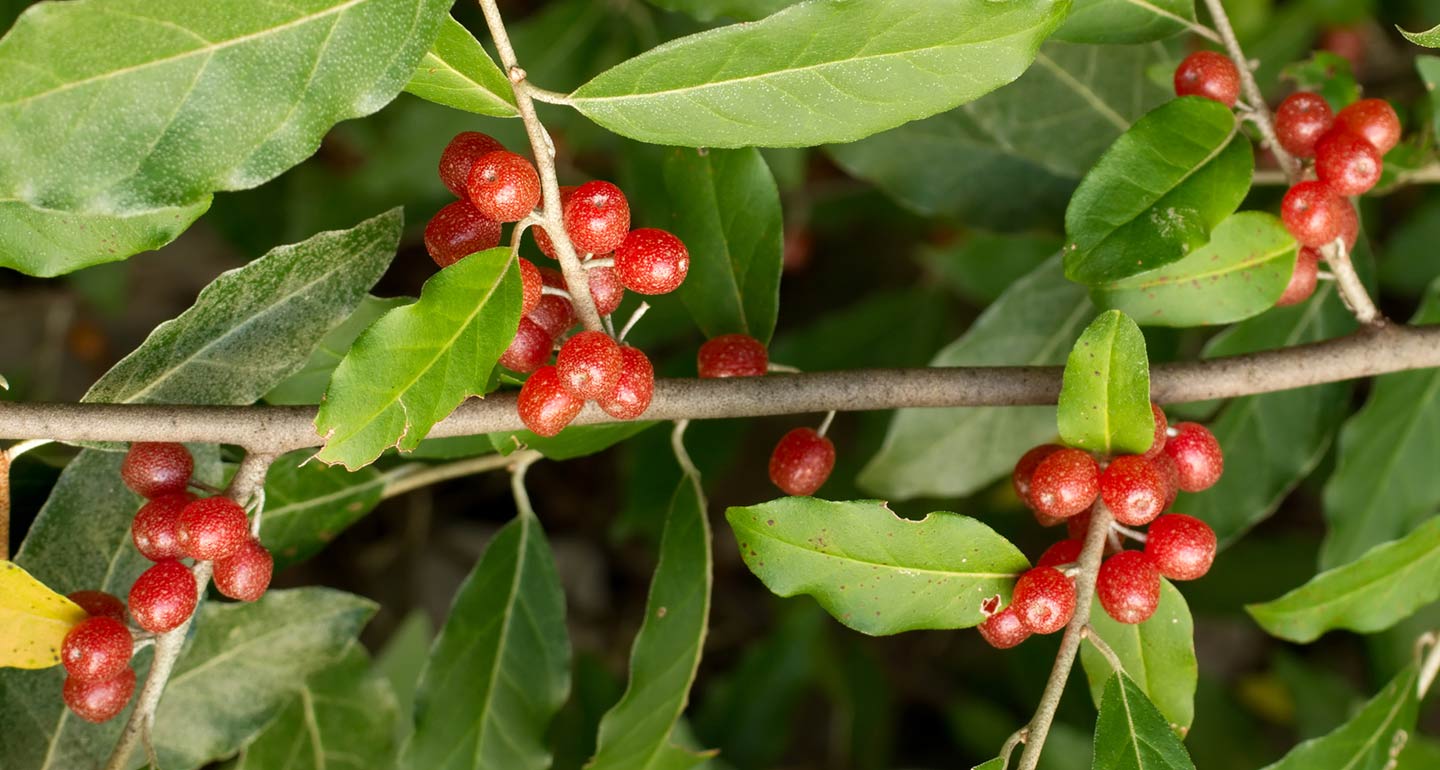
Bromeliads

These tropical plants thrive indoors and are easy to care for. But are bromeliads poisonous to cats or dogs?
The shiny green leaves and brightly colored flowers are a great alternative to holly or poinsettia.
Luckily, blushing bromeliads (Neoregalia spp.) are not poisonous to cats or dogs.
Roses

Rosemary
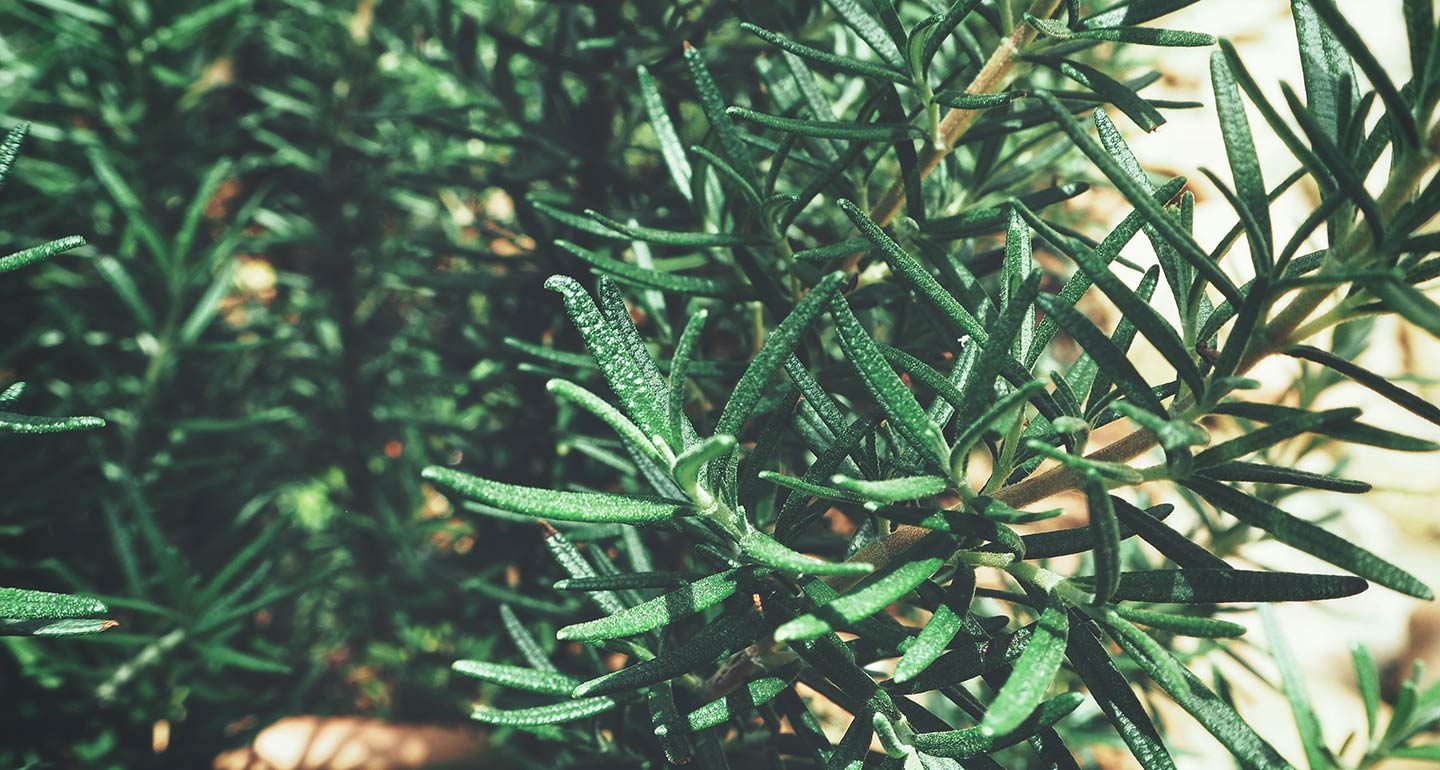
During the winter holidays, many stores sell rosemary (Rosmarinus officinalis) topiaries that look like miniature Christmas trees, some complete with tiny ornaments. If you’re concerned about your pet messing around with a pine or fir Christmas tree, rosemary trees are a wonderful, fragrant alternative.
More about plants and pets:
Share:
